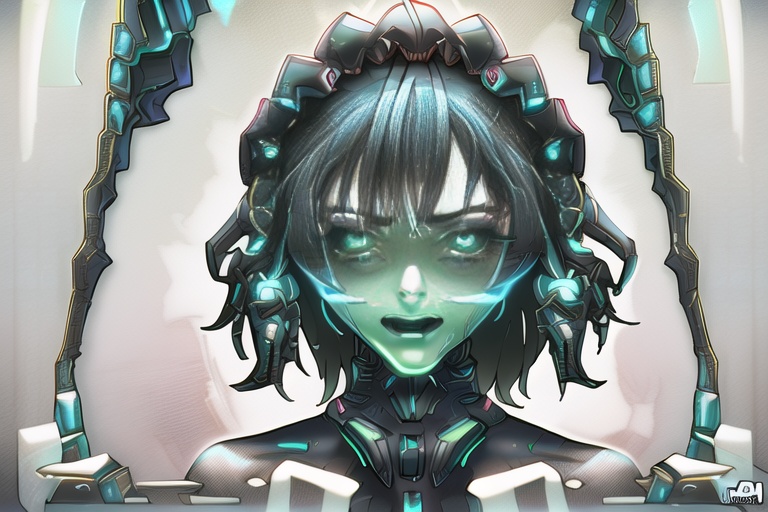Artificial intelligence (AI) is a field that has captured the world's imagination, promising to revolutionize the way we live and work while also prompting discussions about its responsible use. As technology continues to evolve at a breakneck pace, it is imperative to demystify AI, understand its current abilities, and address the ethical dilemmas that accompany its adoption.
Artificial intelligence (AI) is a field that has captured the world's imagination, promising to revolutionize the way we live and work while also prompting discussions about its responsible use. As technology continues to evolve at a breakneck pace, it is imperative to demystify AI, understand its current abilities, and address the ethical dilemmas that accompany its adoption.
Understanding AI and Its Potentials
AI has been touted as a game-changer for multiple sectors. Its capabilities extend from automating mundane tasks to providing sophisticated solutions to complex problems. Yet, it is essential to clarify that despite appearances, AI does not possess the ability to generate original thoughts or behaviors autonomously. Al Rizzi, the Chief Technology Officer at Boston Dynamics AI Institute, provides clarity on this matter. Though AI systems like large language models, such as ChatGPT, can impress with their linguistic prowess, their 'intelligence' is based on pattern recognition and data processing. These systems do not possess an inherent understanding of the language but rather are adept at synthesizing coherent responses based on vast datasets.
The Role of Developers in Ethical AI
The narrative that AI technologies are inherently dangerous is misleading. The actual risk lies in how these technologies are developed, deployed, and governed. Developers play a crucial role in addressing ethical concerns, societal adoption, and policy implications to ensure AI positively contributes to society. It is incumbent upon creators to navigate these complexities with a steadfast commitment to ethical principles, bringing forth advancements that serve humanity rather than causing unintended harm.
The Path Toward Accessible AI
Crafting a future where robotics and AI serve as assistive tools is at the heart of Rizzi's vision. He aspires to make robots more accessible, user-friendly, and trustworthy, so they may assist in healthcare, household tasks, and beyond. Rizzi reminds us that intelligence in robots should be understood as their ability to comprehend instructions and interact with the environment to perform beneficial tasks—not as a manifestation of human-like consciousness or emotions.
Fostering Safe AI Through Global Cooperation
Acknowledging the need for safeguards, international bodies such as the EU and the US are in the process of creating a voluntary code of conduct for AI. This collaborative initiative seeks to set common standards for democracies worldwide, acting as a counterbalance to the rapid and less-regulated advancements observed in nations like China. The proposed code of conduct will focus on addressing privacy, civil liberties, and the transparent governance of AI technologies.
Harmonizing AI With Societal Values
In ongoing discussions between the EU and the US, reflections on AI's transformative nature often return to the technology's potential to spur prosperity and equity. However, both parties also recognize the need to mitigate risks associated with AI, advocating for cooperation on standards, tools for trustworthy AI, and effective risk management strategies. In these discussions, they also contemplate the collaboration in sixth-generation mobile technology, signaling the importance of staying at the forefront of technological advancement.
AI as an Augmentation, Not a Replacement
As this series progresses, it becomes clearer that while AI technologies have the potential to dramatically improve aspects of our lives, they should not be mistaken for sentient beings. AI functions as an augmentation of human skills, simplifying complex tasks and enabling efficiency. By approaching AI with a grounded perspective and addressing ethical aspects head-on, we can maximize AI's benefits and safeguard against its potential misuses.
Looking Ahead: AI Across Industries
The upcoming installment in this series will delve into AI applications across various sectors, assessing both triumphs and setbacks. This examination will offer deeper insights into the ways programming, artificial intelligence, and machine learning continue to mold our world.
Understanding and embracing the complex tapestry of AI is essential for its successful integration into our societal fabric. As we journey through the age of AI, we must stay informed, critically evaluate developments, and advocate for responsible practices that align with human values. With vigilance and careful steering, AI will not only coexist with but also enrich our lives for the better. Stay tuned for further exploration into the burgeoning potential of AI and its far-reaching impact.
Information for this article was gathered from the following source.




